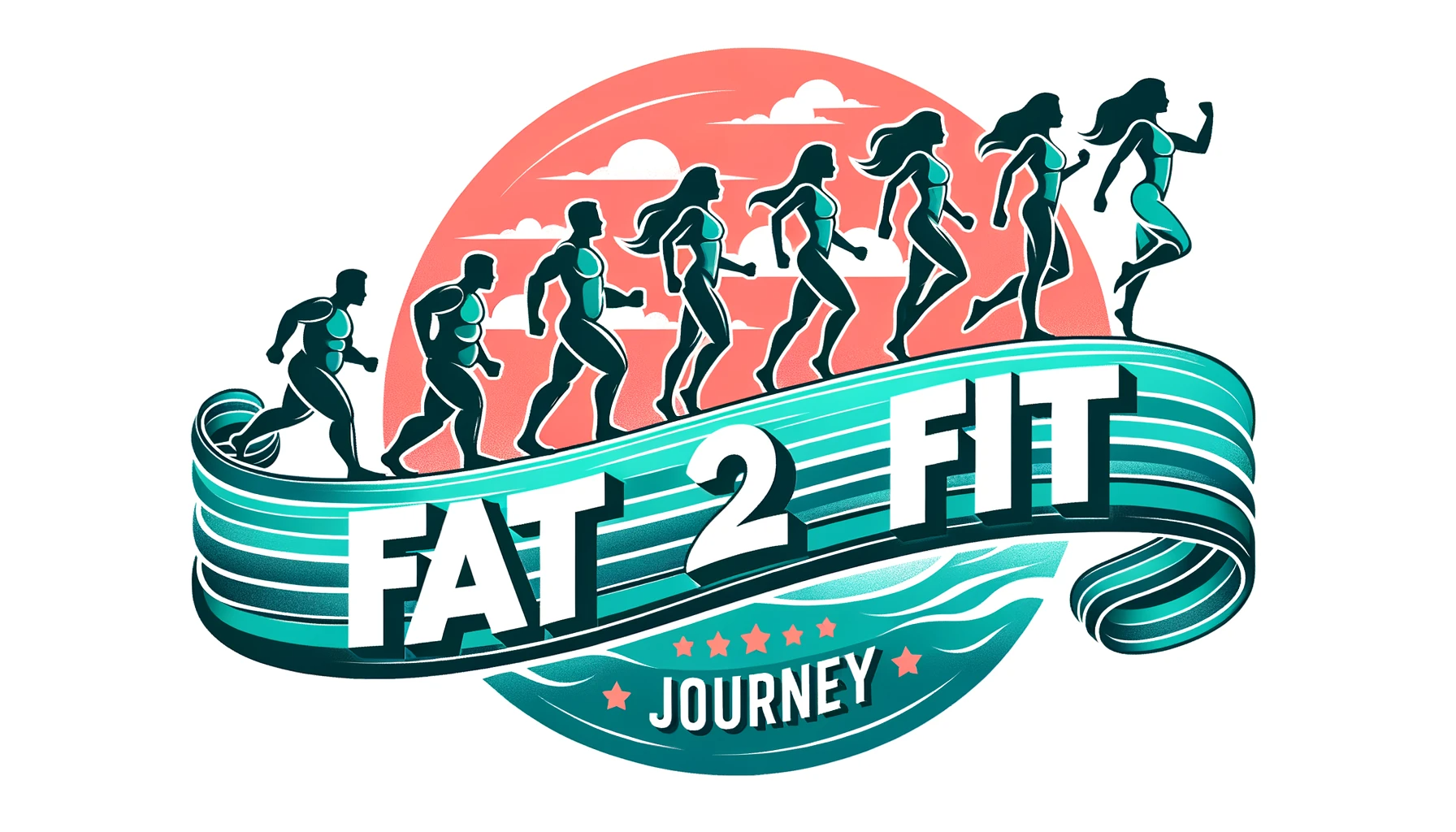Protein plays a crucial role in the diets of men, but do you know how much is enough? It’s no secret that protein is vital for building and repairing tissues, but the amount of protein needed varies depending on various factors such as age, activity level, and overall health. In this article, we will explore the importance of protein in men’s diets and uncover the optimal amount needed to support their overall well-being. So, grab a protein-packed snack and let’s dive into the world of men’s protein needs!

Table of Contents
The Importance of Protein
Protein is an essential nutrient that plays a crucial role in maintaining overall health and well-being. It is often referred to as the building block of life as it is responsible for the growth, development, and repair of tissues in the body. In this article, we will explore the various functions of protein in men’s diets and discuss the recommended protein intake for optimal health and performance.
Building and Repairing Muscles
One of the primary functions of protein is to build and repair muscles. When you engage in physical activities such as weightlifting or endurance training, your muscles experience micro-tears. Protein acts as a key component in the repair process, helping rebuild and strengthen the damaged muscle fibers. This is why protein intake is particularly important for individuals who lead active lifestyles or participate in sports and fitness activities.
Hormone Production
Protein also plays a crucial role in hormone production. Hormones are chemical messengers that regulate various bodily functions, including growth, metabolism, and mood. Many hormones, such as testosterone, insulin, and growth hormone, are made up of amino acids, the building blocks of protein. Ensuring an adequate protein intake can help support the production and functioning of these important hormones, contributing to overall hormonal balance.
Enzyme Function
Enzymes are proteins that act as catalysts for chemical reactions in the body. They help break down food, facilitate nutrient absorption, and enable various metabolic processes. Without sufficient protein intake, enzyme function may be compromised, leading to a range of health issues. Including protein-rich foods in your diet ensures an adequate supply of enzymes, promoting proper digestion, nutrient utilization, and overall metabolic efficiency.
Immune System Support
Another vital function of protein is its role in supporting a healthy immune system. The immune system relies on proteins called antibodies to identify and neutralize foreign invaders such as bacteria, viruses, and other pathogens. Insufficient protein intake can weaken the immune system, making you more susceptible to infections and illnesses. By consuming an adequate amount of protein, you can help maintain a strong immune system and enhance your body’s ability to combat diseases.
Protein Recommendations for Men
Protein requirements can vary depending on various factors such as age, physical activity level, and body composition. It is important to ensure an adequate protein intake to meet individual needs and support overall health and performance. Here, we will discuss the recommended protein intake for men based on authoritative guidelines.
Dietary Reference Intake (DRI)
The Dietary Reference Intake (DRI) is a general guideline for nutrient intake established by the Food and Nutrition Board of the Institute of Medicine. According to the DRI, adult men should consume a daily protein intake of 56 grams per day, which is based on the average protein requirements of healthy individuals. However, it’s important to note that this recommendation may not account for the increased protein needs of individuals who engage in regular physical activity or have specific fitness goals.
The Recommended Daily Allowance (RDA)
The Recommended Daily Allowance (RDA) is another set of guidelines provided by the Food and Nutrition Board. The RDA for protein is higher than the DRI, with a recommendation of 0.8 grams per kilogram of body weight per day. For example, a sedentary adult male weighing 70 kilograms would require approximately 56 grams of protein per day. However, it’s important to note that the RDA represents the minimum protein intake required to prevent deficiency and may not be optimal for individuals with higher protein needs.
Bodybuilding and Fitness Goals
For men with bodybuilding and fitness goals, the protein requirements may be higher than the general recommendations. The International Society of Sports Nutrition (ISSN) recommends a protein intake ranging from 1.4 to 2.0 grams per kilogram of body weight for individuals engaged in resistance training and other intense physical activities. These higher protein recommendations are aimed at supporting muscle growth, repair, and recovery, especially in individuals who are in a caloric surplus or looking to build lean muscle mass.
Factors Affecting Protein Needs
Several factors can influence a man’s protein needs. It is essential to consider these factors when determining the appropriate protein intake to meet individual requirements. Let’s explore the key factors affecting protein needs.
Age
As men age, their protein needs may change. Older individuals may experience age-related muscle loss, known as sarcopenia, which can be mitigated by adequate protein intake. The American Dietetic Association recommends that older adults consume at least 1.2 to 1.5 grams of protein per kilogram of body weight per day to help maintain muscle mass and support overall health.
Physical Activity Level
The level of physical activity is a significant determinant of protein needs. Individuals who engage in moderate to intense exercise or resistance training require additional protein to support muscle repair, growth, and recovery. The more active you are, the higher your protein requirements may be. It is important to adjust your protein intake based on your activity level to ensure optimal performance and recovery.
Body Composition
Body composition, specifically lean muscle mass, also influences protein needs. Individuals with a higher percentage of lean muscle mass generally have higher protein requirements. This is because muscle tissue requires protein for growth and maintenance. If you are actively working to increase your muscle mass or aiming for a lean physique, it is crucial to ensure an adequate protein intake to support these goals.
High-Protein Foods for Men
To meet your protein requirements, it is important to incorporate a variety of high-protein foods into your diet. Here are some examples of both animal-based and plant-based protein sources that can help you reach your protein goals.
Animal-Based Proteins
Animal-based proteins are rich sources of complete protein, meaning they provide all essential amino acids that the body cannot produce on its own. Some of the best animal-based protein sources for men include:
- Chicken breast: A 3-ounce serving of chicken breast provides approximately 26 grams of protein.
- Lean beef: A 3-ounce serving of lean beef contains around 22 grams of protein.
- Salmon: A 3-ounce serving of salmon contains about 22 grams of protein, along with healthy omega-3 fatty acids.
- Greek yogurt: A 6-ounce serving of Greek yogurt provides approximately 17 grams of protein.
- Eggs: One large egg contains around 6 grams of protein, making them a convenient and versatile protein source.
Plant-Based Proteins
Plant-based proteins are generally lower in fat and cholesterol and can offer a range of health benefits. While plant-based proteins are often considered incomplete, combining different plant protein sources can provide all the essential amino acids. Some popular plant-based protein sources for men include:
- Lentils: One cup of cooked lentils contains approximately 18 grams of protein, along with dietary fiber and essential minerals.
- Quinoa: One cup of cooked quinoa provides around 8 grams of protein and is a great source of complex carbohydrates.
- Chickpeas: One cup of cooked chickpeas offers approximately 15 grams of protein, making them a versatile addition to salads, soups, and stews.
- Tofu: A 3-ounce serving of tofu contains approximately 8 grams of protein and can be used in a variety of dishes, from stir-fries to smoothies.
- Plant-based protein powders: Supplements such as pea protein, brown rice protein, and hemp protein can provide an additional protein boost.
Supplements
While it is generally best to obtain nutrients from whole foods, protein supplements can be a convenient option to ensure an adequate protein intake. Protein powders, such as whey protein or plant-based protein powders, can be easily added to shakes, smoothies, or recipes. However, it is important to remember that supplements should not replace whole food sources of protein and should be used alongside a balanced diet.

Protein Timing and Distribution
In addition to considering the amount and source of protein, the timing and distribution of protein intake can also impact its effectiveness. Here are some guidelines to help optimize protein timing and distribution throughout the day.
Pre- and Post-Workout Protein
Consuming protein before and after a workout is crucial for muscle repair and growth. Aim to consume a protein-rich meal or snack about 1 to 2 hours before your workout to provide your muscles with the amino acids necessary for energy and recovery. Additionally, consuming protein within 30 minutes to an hour after your workout can help kickstart the muscle repair process and enhance recovery.
Protein Distribution throughout the Day
Spreading your protein intake evenly throughout the day can maximize its benefits. Aim for a consistent protein intake with each meal and snack to support muscle protein synthesis throughout the day. Including a good source of protein in each meal, such as lean meat, eggs, tofu, or legumes, can help ensure a steady supply of amino acids for muscle repair and growth.
Protein Quality and Digestibility
Not all proteins are created equal in terms of their amino acid composition and digestibility. Understanding protein quality and digestibility can help you choose the right sources of protein to meet your needs.
Complete and Incomplete Protein Sources
Proteins are made up of amino acids, some of which are essential and must be obtained through the diet. Complete proteins contain all essential amino acids in adequate proportions, while incomplete proteins lack one or more essential amino acids. Animal-based proteins, such as meat, fish, dairy, and eggs, are generally considered complete protein sources. Plant-based proteins, on the other hand, tend to be incomplete but can be combined to achieve a complete amino acid profile.
Protein Digestibility
The digestibility of proteins refers to the amount of protein that can be effectively absorbed and utilized by the body. Animal-based proteins are highly digestible, with a high biological value, meaning they provide the body with a substantial amount of usable amino acids. Plant-based proteins, on the other hand, may have lower digestibility and a lower biological value. However, this can be improved by combining different plant protein sources or incorporating plant-based protein powders into your diet.

Potential Risks of Excessive Protein Intake
While protein is important for overall health, excessive protein intake can have potential risks. It is essential to maintain a balanced approach to protein consumption to avoid these potential negative effects.
Kidney Function
One common concern associated with high protein intake is its impact on kidney function. People with pre-existing kidney conditions may need to limit their protein intake, as excessive protein can put strain on the kidneys. However, for individuals with healthy kidneys, protein intake within recommended ranges is generally safe.
Bone Health
High-protein diets, particularly those rich in animal-based proteins, have been associated with increased calcium excretion and potential negative effects on bone health. However, these risks can be mitigated by ensuring an adequate calcium intake, consuming a variety of protein sources, and maintaining a balanced diet overall.
Weight Management
While protein can be beneficial for weight management, excessive protein consumption without the proper balance of other nutrients can lead to unintended weight gain. It is important to consider protein intake alongside overall calorie intake and macronutrient distribution to support your weight management goals.
Protein Myths and Misconceptions
There are several myths and misconceptions surrounding protein intake, particularly in terms of muscle gain, kidney function, and supplementation. Let’s debunk some of these common misconceptions.
Too Much Protein Damages Kidneys
Contrary to popular belief, moderate to high protein intake does not harm kidney function in healthy individuals. Numerous studies have shown that protein intakes within recommended ranges do not pose a risk to kidney health. However, it is important for individuals with pre-existing kidney conditions to consult with a healthcare professional to determine the appropriate protein intake for their specific needs.
Protein Supplements are Essential for Muscle Gain
While protein supplements can be a convenient way to increase protein intake, they are not essential for muscle gain. Whole foods should always be prioritized as the primary source of nutrients, including protein. Meeting your protein needs through a varied diet that includes lean meats, dairy, eggs, legumes, and plant-based protein sources can provide the necessary amino acids for muscle growth and recovery.
Assessing Protein Intake
Determining whether you are meeting your protein requirements can be helpful in optimizing your diet and overall health. Here are some methods to assess your protein intake.
Food Tracking Apps
Using food tracking apps can provide insights into your daily protein intake. These apps allow you to log your meals, track macronutrients, and analyze your overall nutrient intake. You can set protein goals and monitor your progress to ensure you are meeting your protein requirements.
Dietitian Consultation
Consulting with a registered dietitian can provide personalized guidance on protein intake and overall nutrition. A dietitian can assess your specific needs, goals, and dietary preferences to develop an individualized plan that ensures you meet your protein requirements while maintaining a balanced diet.
Reviewing Diet and Performance
Regularly reviewing your dietary choices and assessing your performance and overall well-being can provide valuable information about whether you are meeting your protein needs. Pay attention to your energy levels, muscle recovery, and overall performance to identify any potential deficiencies or areas for improvement.
Conclusion
Protein is a vital nutrient that plays multiple roles in men’s diets, including muscle building and repair, hormone production, enzyme function, and immune system support. The recommended protein intake for men varies based on factors such as age, physical activity level, and body composition. By incorporating high-quality protein sources into your diet, considering protein timing and distribution, and focusing on protein quality and digestibility, you can ensure adequate protein intake to support your overall health and performance goals. It is important to strike a balance when it comes to protein intake, avoiding excessive consumption that may pose potential risks. Lastly, assessing your protein intake through food tracking, consulting with a dietitian, and reviewing diet and performance can help you optimize your protein intake to meet your individual needs and preferences. Remember, everyone’s protein needs are unique, so it’s important to approach protein intake with an individualized approach.
